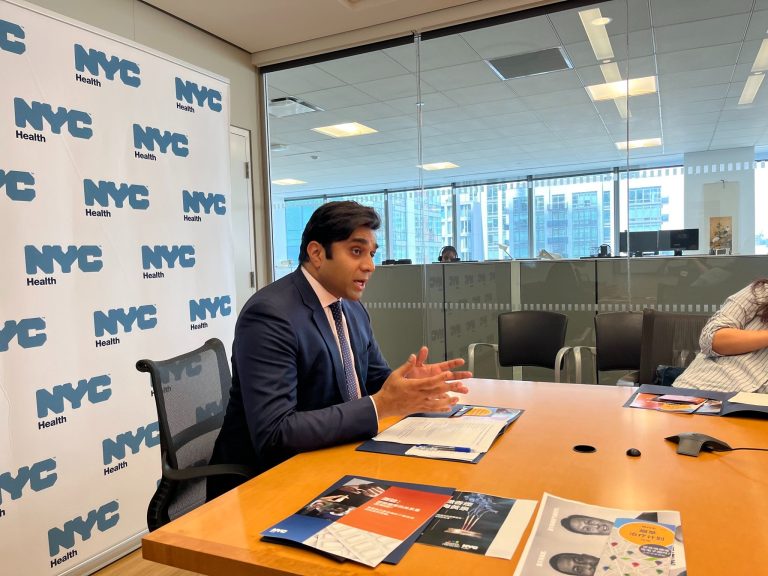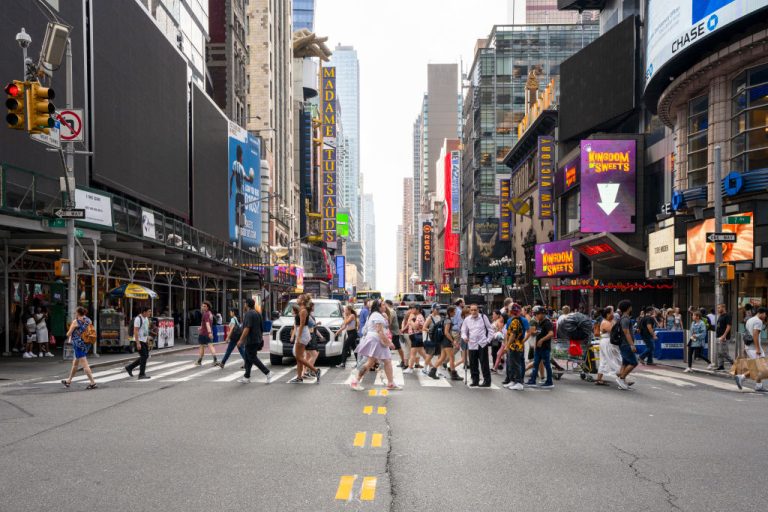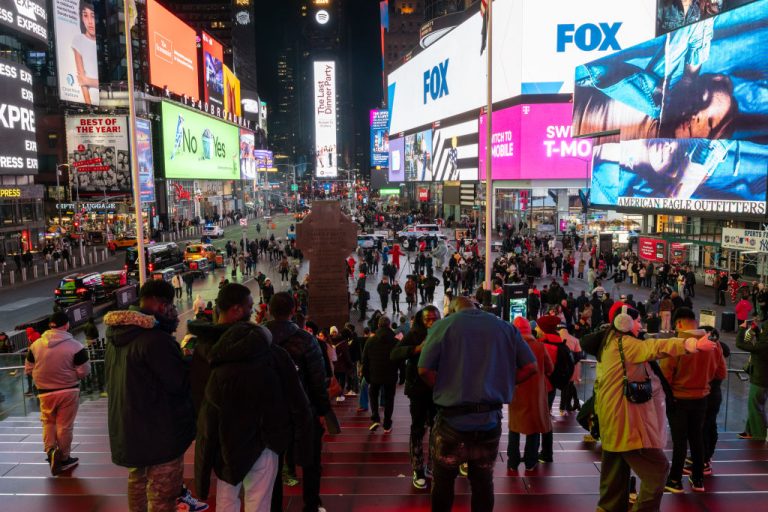NEW YORK, New York — On June 28, New York City Health Commissioner Dr. Ashwin Vasan held a roundtable event to discuss the city’s “Quitting Smoking for Good” campaign, and the impact it hopes to have on minority communities, particularly Asian Americans. The event was held at the Department of Health and Mental Hygiene headquarters in Long Island City, Queens.
“We have to ask the question of why certain communities are being left behind from efforts to control and reduce tobacco use in our city,” said Vasan.
With a compelling opening, Dr. Vasan enlightened the audience on the significance of embracing a smoke-free lifestyle for the sake of one’s health. He emphasized that smoking stands as the leading cause of preventable fatalities in the United States — with Asian New Yorkers being impacted to an alarming degree. Citing data from the Centers for Disease Control and Prevention, he noted how Asian Americans exhibit the highest smoking rate among all racial and ethnic groups in not just New York City, but across the country.
MORE ON LOCAL AND COMMUNITY EVENTS IN NYC:
- International Franchise Expo Returns to New York City, Drawing In Entrepreneurs From All Over the Globe
- Brooklyn Hosts Asian American, Native Hawaiian, and Pacific Islander Heritage Event to Celebrate Diversity and Culture
- Celebrating Mother’s Day: A Tribute to the Backbone of Orange County, NY
- NY: Orange County’s Mid-Hudson Security School Offers Comprehensive Training in Security and Law Enforcement
“When we unpack [the data], we have to look at structural factors as well as individual factors that are driving persistent smoking use,” said Vasan, adding, “When we think of structural factors we have to acknowledge commercial factors that are particularly targeting linguistic and cultural minority communities in our city — the Asian community in particular.”
What drives persistent smoking use
Dr. Vasan then introduced the “Quitting Smoking for Good” campaign, a comprehensive endeavor specifically tailored to assist Asian New Yorkers in their journey towards a smoke-free life. The campaign encompasses a range of valuable resources, including a dedicated hotline, an informative website, coupled with community outreach programs.
Success
You are now signed up for our newsletter
Success
Check your email to complete sign up
These initiatives aim to provide practical support, disseminate crucial information, and foster a sense of unity within the community, said Vasan.
“When we unpack [the numbers], we have to look at structural factors as well as individual factors that are driving persistent smoking use,” said Vasan. “When we think of the structural factors, we have to acknowledge commercial factors that are particularly targeting linguistic and cultural minority communities in our city, the Asian community in particular.”
Factors at play
Vasan noted that factors such as “aggressive industry messaging, access to harmful or low cost tobacco products as well as having fewer protective factors like access to healthy coping resources and treatment support,” have served to exacerbate the habit of smoking among Asian Americans.
“As someone who has focused a lot of my early tenure on centering mental health in the public health agenda, we have to recognize the connection behind underlying mental health needs and any substance use, but particularly tobacco use,” said Vasan. “It’s estimated that up to 35 percent of smokers have an underlying behavioral health condition that’s either not being treated, undertreated, or not being addressed at all.”
The roundtable event also brought together a panel of experts specializing in smoking cessation and Asian American health. The insightful discussion covered the unique challenges encountered by Asian New Yorkers striving to quit smoking, as well as recommendations to enhance the effectiveness of the “Quitting Smoking for Good” campaign.
The leading cause of preventable death
“The bottom line remains that smoking is still a leading cause of preventable death in our city and we have work to do,” said Vasan, adding, “The Asian community, in particular, is an area of great focus because it’s one of those durable equities that we can see and measure in our data.”
To conclude the event, a Q&A session allowed the audience to actively participate and ask questions addressed to both Dr. Vasan and the panelists.
If you are an Asian New Yorker who is trying to quit smoking, please visit the “Quitting Smoking for Good” website or call the quitline at 1-800-QUIT-NOW (1-800-784-8669). The campaign also offers a variety of community outreach programs; please contact your local health department for more information and to learn more.







